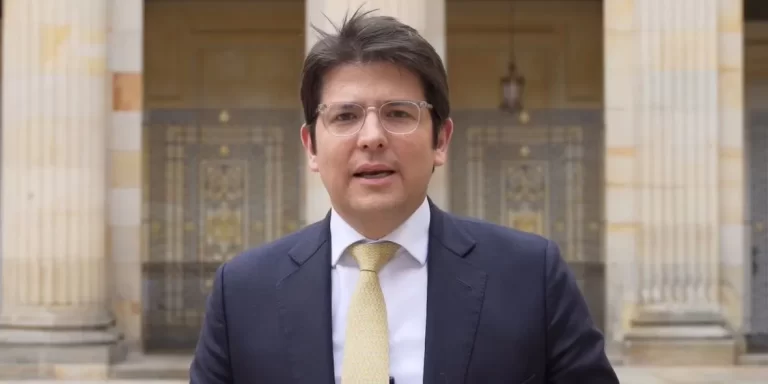[ad_1]
WASHINGTON (Reuters) – President Donald Trump’s tax reform plans won partial support on Friday when Republican U.S. Senator Rand Paul said he was “all in” for massive tax cuts, but the party was still far from united over how to achieve the main item on its domestic agenda.
Trump’s drive to overhaul the U.S. tax code cleared a critical hurdle on Thursday when the Senate approved a budget measure that will allow Republicans to pursue a tax-cut package without Democratic party support.
But Republicans, who control both the Senate and House of Representatives, have yet to produce a tax reform bill as a self-imposed deadline to overhaul the U.S. tax code by the end of the year approaches. The party’s lawmakers differ widely on what cuts to make and how to pay for them.
They are under intense pressure to succeed on tax reform after failing so far to make good on their other main legislative ambition: scrapping Obamacare, the signature healthcare law of former President Barack Obama.
On major world markets, stock prices advanced on Friday, bond yields rose, and the U.S. dollar strengthened on increased hopes that Trump could make progress on his fiscal plans.
Democrats are likely to reject the Trump administration’s tax plan, which promises to deliver up to $6 trillion in tax cuts to businesses and people but will bloat the federal deficit by $1.5 trillion over the next decade.
FISCAL HAWK
Senator Rand Paul, a fiscal hawk, was the lone Republican to vote against the budget measure on Thursday. He objected to spending levels that he said would exceed agreed caps by $43 billion, and called for spending reforms for so-called entitlements such as the Medicare and Medicaid health insurance programs.
On Friday, Paul said in a post on Twitter that he was “all in” for the “biggest, boldest cuts possible – and soon!” But he did not address the specifics of the tax plan.
Trump on Friday expressed optimism about the tax reform, saying Paul would eventually back the proposed tax measure when it comes up for a vote.
“The Budget passed late last night, 51 to 49. We got ZERO Democrat votes with only Rand Paul (he will vote for Tax Cuts) voting against,” Trump wrote on Twitter. “This now allows for the passage of large scale Tax Cuts (and Reform), which will be the biggest in the history of our country!”
Trump told Fox Business Network in a television interview set to air on Sunday that he thinks Republicans have the votes to pass a big tax cut package. He said he had been thinking about tying tax legislation to an infrastructure spending bill but that it was not clear a combined package would gain more votes.
“I don’t want to take any chances cause I feel we have the votes right now the way it is,” he said, according to a transcript provided by the cable news outlet.
The budget resolution passed by the Senate on Thursday has to be reconciled with a markedly different version passed by the House, where Republicans say negotiations on a unified measure could take up to two weeks.
The House budget resolution calls for a revenue-neutral tax bill and would combine tax cuts with $203 billion in spending cuts to mandatory programs, including food assistance for the poor.
As far as spending cuts go, the Senate version only instructs the Energy and Natural Resources Committee to save at least $1 billion over the next decade.
That difference could set up a possible conflict between Republicans in the Senate and House as they negotiate a final budget blueprint.
Overhauling the complex U.S. tax code has defied Washington since 1986.
In the current effort, some Republican senators question the planned repeal of a 40 percent inheritance tax levied on estates worth more than $5.5 million, or $11 million for married couples, a tax paid only by the wealthiest American taxpayers.
Republican lawmakers from high-tax states such as New York are also seeking compromise on repealing the deduction from federal taxes for state and local tax payments.
The party’s lawmakers agree roughly on lowering the corporate income tax rate from 35 percent but have not settled on a final number.
Trump seeks to cut the corporate rate to 20 percent, which he says would create jobs and boost wages for blue-collar workers.
Asked how he would make the case that the plan would not be a tax cut for the wealthy, House Speaker Paul Ryan told CBS, “That’s why we’re introducing the fourth bracket, so that high-income earners do not see a big rate cut and those resources go to the middle class … and closing loopholes and carve outs which disproportionately benefit the very high-income people.”
Reporting by Susan Heavey and Amanda Becker; Additional reporting by Tim Ahmann; writing by Alistair Bell; editing by Bill Rigby
[ad_2]
Source link






Leave a Reply